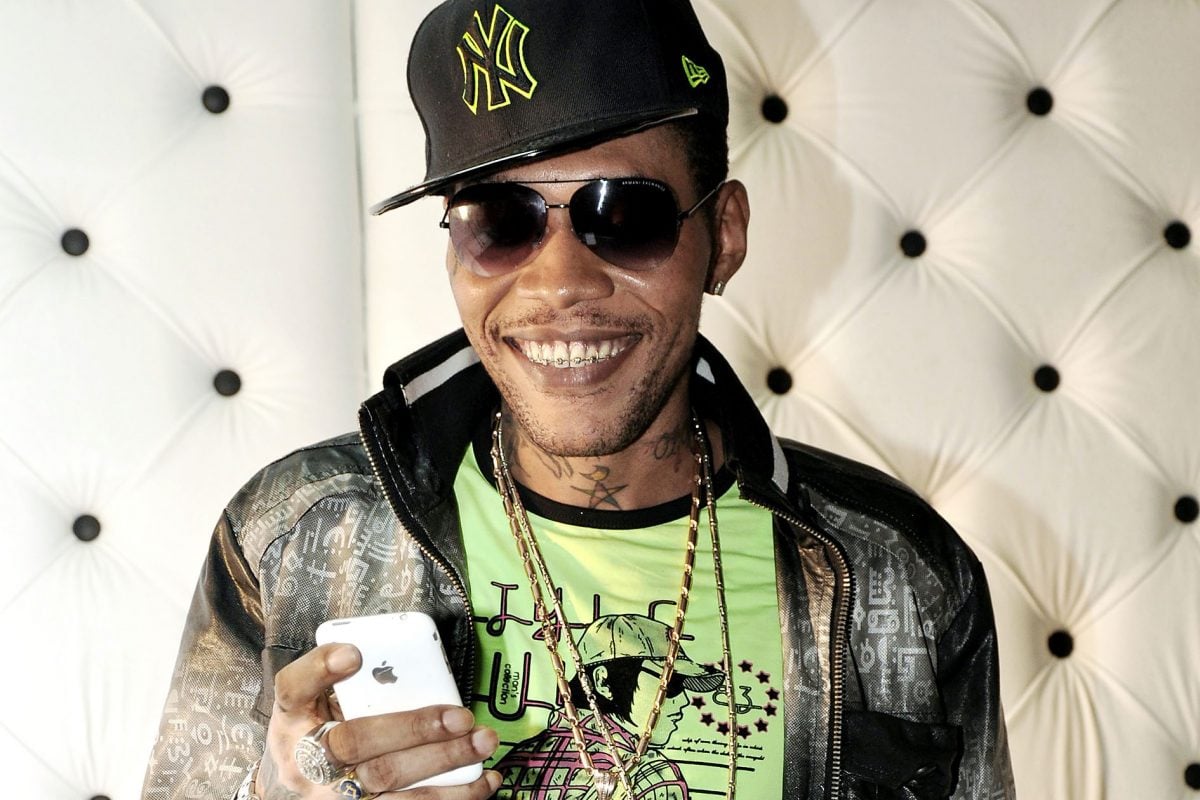Vybz Kartel’s Habeas Corpus Request Denied

Dancehall star Vybz Kartel and his co-accused Shawn ‘Shawn Storm’ Campbell and Andre St John were denied release on Thursday (May 30) after a judge rejected the habeas corpus application filed on their behalf.
Judge Andrea Thomas has ruled that their continued detention was not in breach of the Constitution. Thomas said that in the absence of a verdict or acquittal by the Privy Council, the charge of murder remains in effect.
The court session, which was reportedly delayed due to a large turnout, was moved to a larger courtroom before the ruling was delivered.
The Observer reported that a contingent of members of the Jamaica Constabulary Force and Jamaica Defence Force were stationed outside the Supreme Court in downtown Kingston on Thursday afternoon.
The habeas corpus application was filed on May 13 by lawyers representing Kartel, Campbell, and St. John. They claimed that the Privy Council had not issued an order for their clients’ continued detention and that, therefore, they should be released.
The move came after the Privy Council, in its March 14 ruling, quashed the men’s 2011 murder convictions of Clive ‘Lizard’ Williams, citing juror misconduct, and ordered that Jamaica’s Appeal Court should decide if a retrial is necessary. The application sought their release ahead of the Court Of Appeal’s scheduled hearing on a retrial, which is set to begin on June 10. The fourth individual involved in the case, Kahira Jones, was excluded from the application as he’s also engaged in a separate legal matter.
During arguments on the application, Lisa White, an attorney representing the Attorney General’s Chambers, contended that it was “premature,” explaining, “It is lawful for them to remain detained until the Appeal Court decides the matter. Although the convictions have been quashed, the charges still stand. They are still charged with murder, and the prosecution remains active.”
She emphasized, “The quashing of their convictions means that the existing charges could be presented at a new trial. The applicants will not be rearrested or recharged, as the Privy Council did not acquit them but indicated that the convictions were unsafe.”
Kartel and his co-accused, who have served over 12 years in prison, have consistently denied involvement in Williams’ death. In a statement last month, he expressed confidence that the Court of Appeal, which previously upheld his conviction, would now do the “right thing.”
“I am also very confident that the court of appeal in Jamaica will do the right thing in the name of equity, fairness, and justice and free us,” Kartel said. “Some people have expressed their concern to me that a retrial may be ordered but to them, I say (albeit with my limited knowledge of the law) ‘what is there to retry?’” he added.
He continued, “With that being said, the most important point to me is that I am an innocent man. So in reality, I’m not in the least bit worried as I know I will be acquitted and go home to my family whom I have not been together with for over 1[0 years].”
During the original trial, prosecutors had relied on telecommunication evidence — including a text message stating that Williams, whose body was never found, had been “chopped up fine fine” — and the key eyewitness, Lamar “Wee” Chow, who testified that Williams was murdered at Kartel’s home in Havendale, St Andrew on August 16, 2011, after they were summoned there over missing guns.
Kartel’s defense had challenged the admissibility of the telecommunications evidence, arguing the police had obtained it in breach of the Jamaican constitution. They had also questioned Chow’s credibility and cited his inconsistent account of the events, including Chow’s letter to a Public Defender, which stated that he saw Williams after August 16, 2011 and that the police had pressured him to give a conflicting statement.
In a similar case in The Bahamas, Simeon Bain, the so-called “Burger King Killer,” spent 13 years in prison before the Privy Council quashed his conviction and recommended that the Court of Appeal determine whether he should be retried. The Bahamas court subsequently ordered that Bain be released, citing the passage of 13 years since the crime, the impracticality of a retrial amidst a heavy backlog of cases, and the anticipated “ordeal” a new trial would entail for Bain, the victim’s family, and the public.
